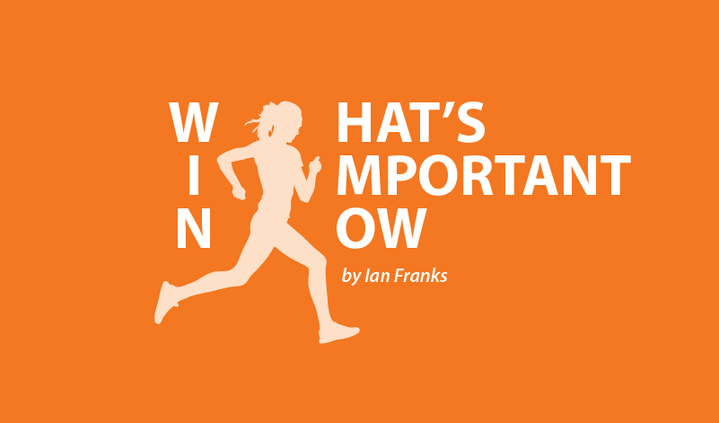#ECTRIMS2016 – Patient Empowerment Is One of My Highlights for Day 1
Written by |


Europe’s annual congress discussing treatment, including Patient Empowerment, and research in multiple sclerosis is now underway in London. The 32nd congress is being held from today until Saturday, when it draws to a close at lunchtime.
The agenda is absolutely jammed full of topics being covered in a multitude of sessions that often coincide, so delegates have more than enough decisions to take just to plan their own day’s program.
Having looked at the congress itinerary, here’s my choice of today’s likely highlights, all of which are relevant to people, like me, who live with MS.
Today’s “Hot Topic” surely has to be one of the highlights of the opening day. It features two presentations containing conflicting opinions. ‘The initial treatment of early active relapsing remitting MS should be with a potent induction therapy rather than standard immunomodulation then escalation’ is the position being put forward by G. Edan, of Rennes, France. The opposing view is being taken by E. Waubant, of San Francisco, California, who is arguing ‘Against potent induction early.’
There are a staggering 17 teaching sessions today covering a wide variety of subjects that are just too many to mention. I’ll just say that, whatever a delegate’s particular interest, there has got to be one of relevance waiting.
Patient empowerment and coping
Although many sessions are highly pertinent to patients, there is one that stands out to me — and that is ‘Patient Empowerment and Coping.’
This presentation focuses on strategies to help MS patients cope with the disease, and has two referral models, shared decision-making and evidence-based medicine. It is considering three themes: symptoms, patient information, and advanced disease, with the scope of each defined.
- Symptoms: scientific evidence on patient self-management of common MS symptoms, such as depression and fatigue
- Patient information: strategies to improve patient knowledge and facilitate informed choices since diagnosis
- Advanced disease: integrated care approaches tailored to the requirements of people with severe MS and their families, and to support treatment decisions in this disease
The value of multi-disciplinary teams features in this afternoon’s nursing program, in a session that looks at the importance of a multi-disciplinary perspective as well as patient activation programs in MS management. Later in the afternoon, another session is looking at the role of MS nurses as scientific investigators.
Satellite Symposiums are yet another feature of the congress, with two being held this evening. The first is “Changing perspectives on the role of the immune system in multiple sclerosis: pathology, differentiation, and targeted therapies.” This is supported by Vindico with an independent educational grant from Roche.
The second Satellite Symposium is “Reimagining the MS treatment journey.” It is supported by Merck.
Note: Multiple Sclerosis News Today is strictly a news and information website about the disease. It does not provide medical advice, diagnosis, or treatment. This content is not intended to be a substitute for professional medical advice, diagnosis, or treatment. Always seek the advice of your physician or other qualified health provider with any questions you may have regarding a medical condition. Never disregard professional medical advice or delay in seeking it because of something you have read on this website. The opinions expressed in this column are not those of Multiple Sclerosis News Today, or its parent company, Bionews Services, and are intended to spark discussion about issues pertaining to multiple sclerosis



Laura Kolaczkowski
So glad you are there 'live' to cover this - it can be overwhelming conference, so be sure to pace yourself. I've highlighted a number of sessions to attend 'virtually' and look forward to hearing your perspective on the latest news. - Laura